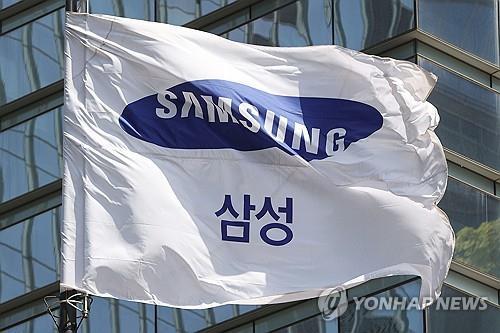(News Focus) Samsung Electronics set to expand chips supply chain after US$6.4 bln U.S. grants

Samsung Electronics Co. receives a $6.4 billion subsidy from the U.S. government to expand its semiconductor production in Texas. The funding aims to boost U.S. semiconductor production to 20% globally by 2030. The company plans to increase its investment to over $40 billion, constructing a new production facility in addition to existing plants. Samsung aims to strengthen the local semiconductor ecosystem and meet growing demand for high-performance AI chips.
Source: Link
FAQ - Samsung Electronics' Expansion of Chip Supply Chain
Frequently Asked Questions
Samsung Electronics' Expansion of Chip Supply Chain After US$6.4 Billion U.S. Grants
1. What type of support has Samsung Electronics received from the US government?
Answer: Samsung Electronics has received up to US$6.4 billion in grants from the U.S. government. This funding is part of the 2022 CHIPS Act initiative to bolster the domestic semiconductor industry.
2. What is the purpose of the US$6.4 billion in grants to Samsung?
Answer: The grants are intended to help Samsung expand its semiconductor supply chain in the United States. This includes the construction of new facilities to produce advanced chips and the expansion of its existing plant in Texas.
3. Where will Samsung Electronics use the funds?
Answer: Samsung will use the funds to expand its chip production capabilities in Texas. This involves building new facilities and expanding the existing chipmaking facility in Austin, Texas.
4. Why is the US granting these funds to Samsung Electronics?
Answer: The U.S. government aims to make the domestic supply chain more resilient to disruptions by investing in semiconductor manufacturing. The US is currently heavily dependent on Asia for chips, which has been seen as a vulnerability during supply chain shocks.
5. What is the significance of the funding for the semiconductor industry in the U.S.?
Answer: This funding is significant as it represents the US commitment to reducing dependence on foreign semiconductor supply chains and strengthening its own technological and manufacturing capabilities in this critical sector. It also emphasizes the importance of the semiconductor industry for national security and economic prosperity, considering the applications in aerospace, defense, and other crucial domains.
6. Which industries in the US are likely to benefit from Samsung's expanded chip production?
Answer: Industries in the US such as aerospace, defense, and potentially other sectors that require advanced semiconductor technology are likely to benefit from Samsung's expanded chip production capabilities.
7. How does the investment in Samsung align with the Biden Administration's policies?
Answer: The investment aligns with the Biden Administration's policies to bolster domestic manufacturing, secure the semiconductor supply chain, and address vulnerabilities that have been highlighted by recent global events affecting the semiconductor industry.
8. When was the preliminary memorandum of terms (PMT) between the US Department of Commerce and Samsung Electronics signed?
Answer: The preliminary memorandum of terms (PMT) was signed on April 15, without binding Samsung to specific commitments but laying the groundwork for the grants and planned expansions.
9. Is Samsung the only company to receive funding under the CHIPS Act?
Answer: Samsung is not the only recipient; however, other companies are also expected to apply and potentially receive funding under the CHIPS Act as part of the broader effort to strengthen the US semiconductor industry.
10. Will Samsung be building entirely new facilities or just expanding the existing ones?
Answer: Samsung will be doing both: building a new facility to produce advanced chips and expanding its existing plant in Texas. This dual approach helps to rapidly enhance their production capacity and capabilities.

